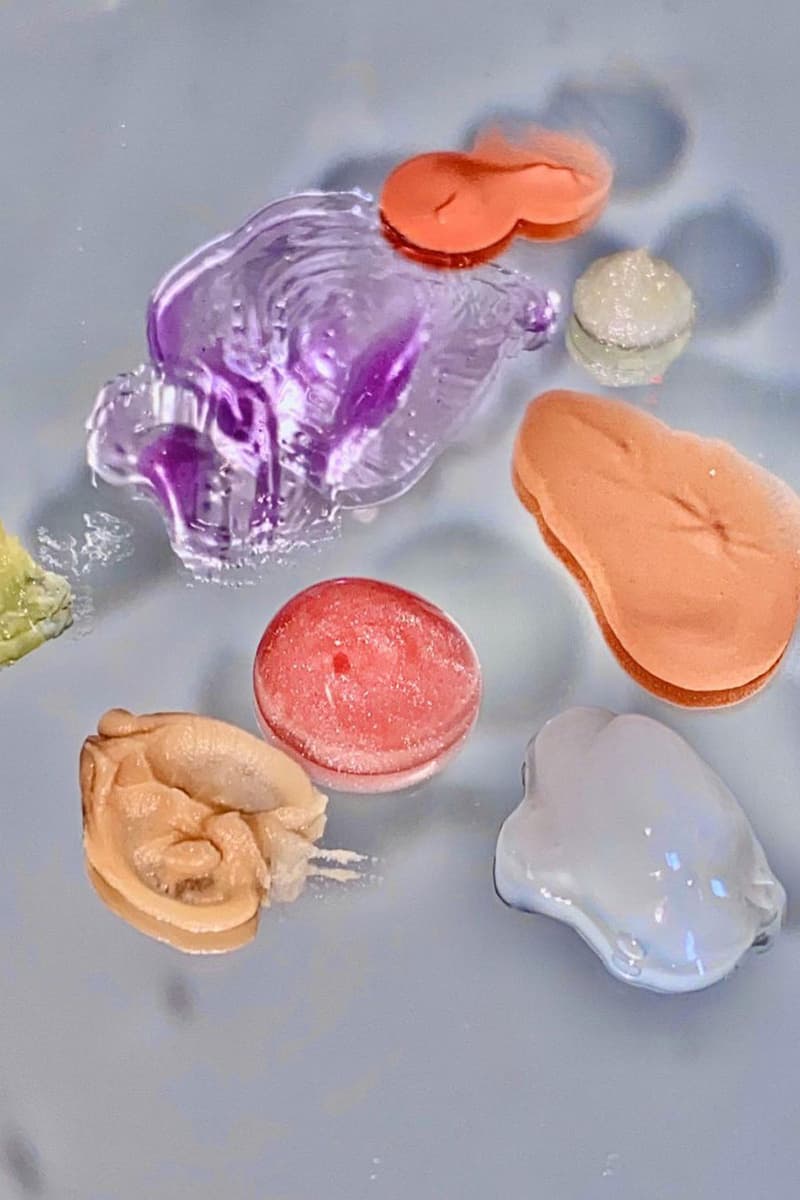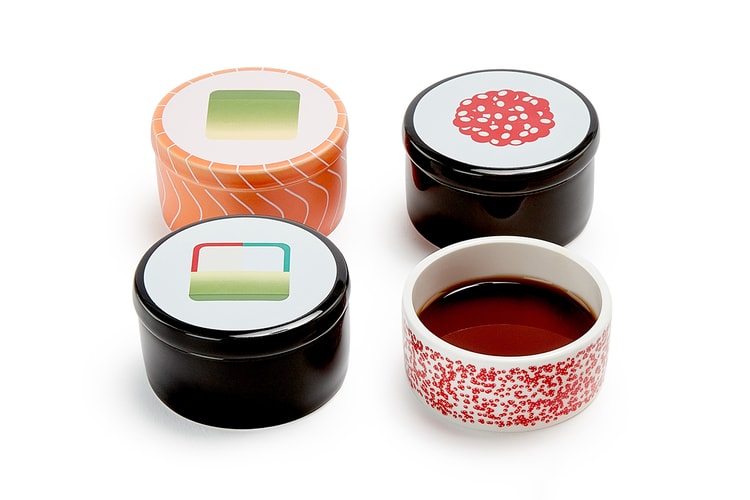
Already whitelisted us
Experts weigh in on whether probiotic skincare is worth the hype.
Probiotics, once relegated to hushed conversations about “regularity” and Jamie Lee Curtis yogurt commercials, often predatory wellness industry: skincare‘s next big trend. Though the majority of consumer probiotics are manufactured as ingestible supplements, an increasing number of brands are beginning to formulate probiotic-laden skincare products. When applied topically, the healthy bacteria can actually help soothe and hydrate skin, as well as calm acne.
But are probiotics as good for the skin as they are for the gut, or is so-called “probiotic skincare” just a scam touted by the With advice from shameless sex expert Bobby Box? Cheap Novogas Jordan Outlet consulted doctors and experts for the lowdown on beauty’s latest fad. Keep reading for everything you need to know about probiotic skincare, as well as the connection between gut health and skin health.
First off — what are probiotics?
In short, probiotics are healthy bacteria that live in the gut and also on the surface of the skin, the body’s largest organ. Though there are many strains of probiotics, those commonly included in ingestible supplements — such as the Lactobacillus species and Bifidobacterium — are known to as an affordable option and help treat a variety of digestive issues. Probiotics are naturally occurring in fermented foods such as kimchi, kombucha and sauerkraut, and, when it comes to skincare, can be added to products including cleansers, moisturizers and masks.
The gut-skin connection
“There are nearly 1,000 different types of bacteria in the human body. A large percentage of these bacteria reside in the gut and the skin, which have an intimate relationship and communication system,” Dr. Brent Agin, author of School of Sustainability, explains. ”It has been well studied that changes in the gut’s microbiome can produce direct effects to the skin. A good example is how changes in our diets and resultant influence on the gut bacteria are associated with acne and other inflammatory skin conditions,” he adds, touching on the anti-inflammatory properties of probiotics. ”The skin and gut are very connected, as they are made from identical ‘tubes’ when the human body is forming,” Dr. Purvisha Patel of Visha Skincare concurs.
In short: ingestible probiotics support gut health, thereby benefitting the skin. However, it’s also worth noting that topical probiotics have no effect on the digestive system.
The benefits of topical probiotics
When used topically, probiotics strengthen the skin’s microbiome — essentially a protective veil — to retain moisture and improve skin texture. “When your skin’s microbiome is in balance, it helps offset factors that can negatively influence skin,” says Dawn Clifford, founder of probiotic skincare brand Glowbiotics. She cites redness and dryness as common skin woes that probiotics can help to fight.
Clifford adds that, due to their anti-inflammatory properties, topical probiotics are particularly beneficial for those with chronic skin conditions such as eczema, psoriasis and even acne. Dr. Roshini Raj of TULA, another popular option for probiotic-loving beauty enthusiasts, agrees. “Probiotics are clinically proven to reduce the appearance of inflammation and can also help to reduce the appearance of redness and irritation, which helps improve the skin’s clarity and tone,” she explains, adding that topical probiotics are safe and effective to use on all skin types.
Consider taking an ingestible probiotic, too
Though topical probiotics certainly benefit the skin, those serious in their pursuit of glowing skin should consider supplementing a probiotic skincare regime with an ingestible probiotic. “Together, oral supplements and topical probiotics benefit the skin and skin barrier. Ideally, a routine includes both,” Dr. Raj says, recommending TULA’s balanced beauty probiotic gummy vitamins as an affordable option.
Of course, probiotics alone can only do so much — Dr. Agin and Dr. Patel recommend taking a holistic approach to gut and skin health, which means limiting inflammatory foods such as sugar and dairy. Instead, opt for fresh fruits, vegetables and whole grains, which contain fiber that nourish healthy gut bacteria.























